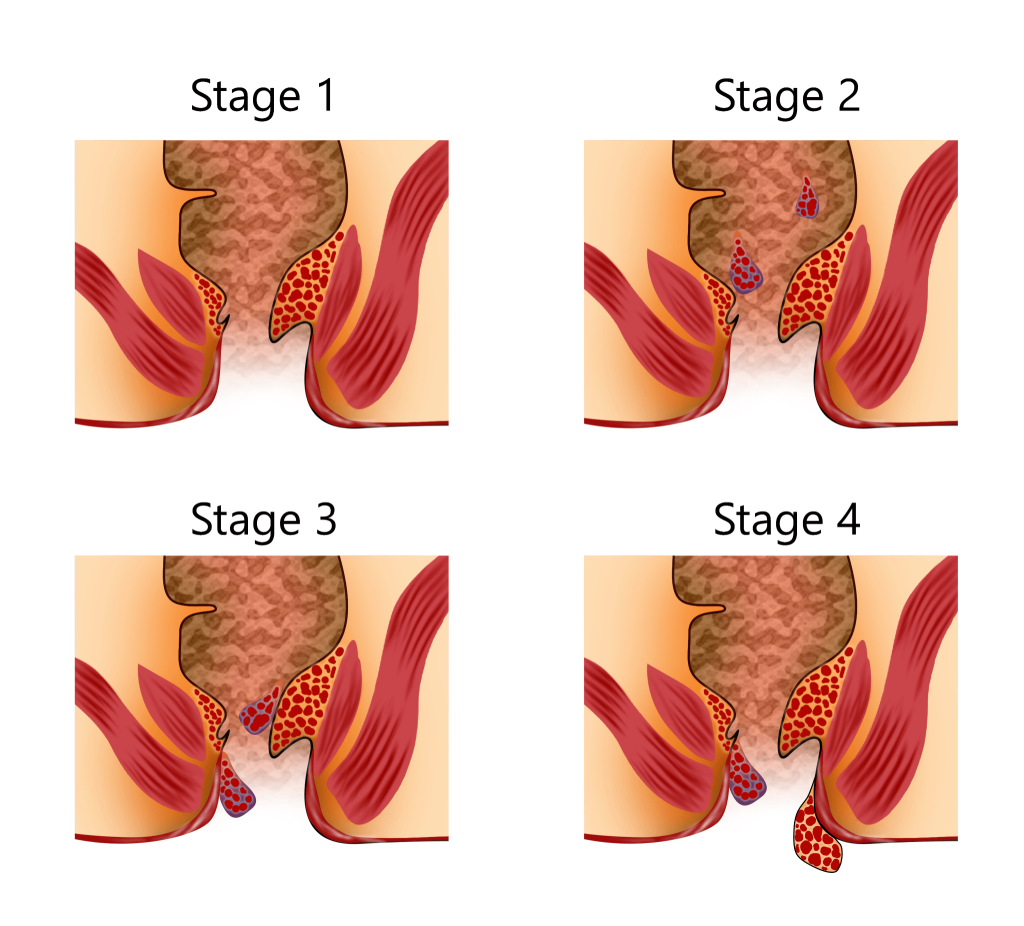Sleep Problem
Unlocking the Power of Restful Nights: A Guide to Enhancing Your Sleep Quality*
Sleep is the cornerstone of well-being, and its importance cannot be overstated. Quality sleep rejuvenates the body, restores the mind, and fuels us for the challenges of each day. However, in a world filled with constant stimuli and busy schedules, achieving restful sleep can sometimes be a struggle. In this article, we'll delve into the art of optimizing sleep quality and developing healthy sleep habits.
*Understanding Sleep Quality:*
Sleep quality refers to the overall effectiveness of your sleep, encompassing factors such as duration, depth, and the absence of disturbances. Improving sleep quality can have a profound impact on your physical health, mental clarity, and emotional resilience.
*1. Prioritize Consistent Sleep Schedule:*
Going to bed and waking up at the same time each day, even on weekends, helps regulate your body's internal clock. This consistency enhances your sleep quality and sets the stage for a more restful slumber.
*2. Create a Sleep-Conducive Environment:*
Design your sleep environment to promote relaxation. Ensure your room is dark, quiet, and at a comfortable temperature. Investing in a comfortable mattress and pillows can significantly contribute to sleep quality.
*3. Limit Screen Time Before Bed:*
The blue light emitted by screens (phones, tablets, computers) can interfere with the production of the sleep-inducing hormone melatonin. Aim to disconnect from screens at least an hour before bedtime.
*4. Wind Down with Relaxing Activities:*
Engage in calming activities before bed to signal to your body that it's time to sleep. Reading a book, practicing gentle stretches, or taking a warm bath can help you transition from a busy day to a restful night.
*5. Monitor Your Diet:*
Avoid heavy meals close to bedtime, as digestion can disrupt sleep. Additionally, limit caffeine and alcohol intake, especially in the evening, as they can interfere with sleep quality.
*6. Practice Relaxation Techniques:*
Incorporating relaxation techniques like deep breathing, progressive muscle relaxation, or meditation can ease anxiety and promote a peaceful transition to sleep.
*7. Stay Active During the Day:*
Regular physical activity supports better sleep quality. Engage in moderate exercise during the day, but avoid vigorous workouts close to bedtime.
*8. Manage Stress and Anxiety:*
Unresolved stress and anxiety can lead to sleep disturbances. Practice stress management techniques, such as journaling, mindfulness, or talking to a therapist, to alleviate these issues.
*9. Limit Naps:*
While short naps can be beneficial, especially for improving alertness, excessive daytime napping can disrupt nighttime sleep. Keep naps to around 20-30 minutes.
*10. Reserve Your Bed for Sleep and Intimacy:*
Create a mental association between your bed and restfulness. Avoid working or engaging in stimulating activities in bed, as this can interfere with your ability to wind down.
*11. Get Exposure to Natural Light:*
Exposure to natural light during the day helps regulate your body's internal clock. Spend time outdoors, particularly in the morning, to help set your sleep-wake cycle.
*12. Listen to Your Body:*
Pay attention to your body's cues. If you're consistently tired during the day, it's a sign that you may need to adjust your sleep habits.
In conclusion, prioritizing sleep quality is a vital aspect of maintaining overall well-being. By adopting healthy sleep habits and creating a conducive sleep environment, you can enjoy the benefits of deep, restful sleep. Remember that the journey to better sleep quality involves consistency and patience, but the rewards of improved energy, mental clarity, and emotional balance are well worth the effort.



























